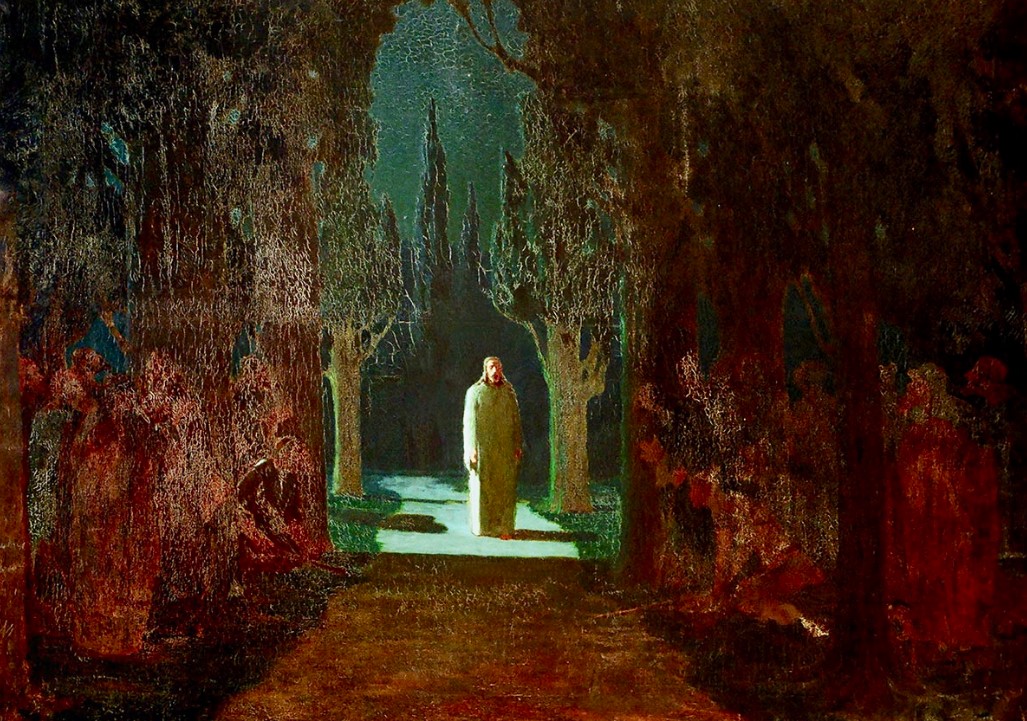“As for me, all I did was carry to the limit what you haven’t dared to push even halfway—taking your cowardice for reasonableness, thus making yourselves feel better. So I may still turn out to be more alive than you in the end.” – Notes from Underground
After reviewing “No Longer Human” by Osamu Dazai last week, I felt compelled to dive into Fyodor Dostoevsky, as one does when directed by existentialist impulse and random necessity. I am a firm believer that Dostoevsky is unparalleled in his ability to novelize the human psyche. There are writers who follow in his footsteps (such as Dazai and Franz Kafka), but none seem to achieve the same probing depth as Dostoevsky. That is, of course, a purely subjective assessment but not a particularly controversial one.
One of his most famous novels, often regarded as an entry-level text to his work, is “Notes from Underground,” a short novel written from the first-person perspective of the “underground man,” who ridicules his contemporaries for their utopian visions that human evil could be cured by the adherence to rationality and the advances of science and mathematics. Actually, that is only the first part (although these themes are demonstrated in the second part as well). “Notes from Underground” was written as a response to Nikolay Chernyshevsky’s novel “What Is to Be Done?” which suggests that a utopian society could be constructed on the basis of rational self-interest or rational egoism. And if such a society were constructed, humanity would no longer deal with the problem of evil.
Dostoevsky saw this as a profound misunderstanding. He thought that reason was a valuable thing and should be respected but denied vehemently that it could explain the totality of human nature.
“I will admit that reason is a good thing. No argument about that. But reason is only reason, and it only satisfies man’s rational requirements. Desire, on the other hand, is the manifestation of life itself—of all of life—and it encompasses everything from reason down to scratching oneself. And although, when we’re guided by our desires, life may often turn into a messy affair, it’s still life and not a series of extractions of square roots,” he writes in the book (112).
He intends to respond to those who suggest that humans would never in their right mind choose to do something that acts against their own interests. What Dostoevsky sets out to explain through the “underground man” is that there is nothing to show us that this is the truth. Take history, for example, where we see thousands of years of humans acting irrationally.
“So you see, you can say anything about world history—anything and everything that the most morbid imagination can think up. Except one thing, that is. It cannot be said that world history is reasonable. The word sticks in one’s throat. And here’s what happens all the time: Good and reasonable men, sages and humanitarians, try to live as human torches to light the path for their neighbors, to prove to them that it can be done. And what comes of it? Sure enough, these lovers of mankind sooner or later give up, some in the midst of a scandal, and often quite an unseemly one too,” Dostoevsky writes (114).
Why does Dostoevsky want us to notice these parts of ourselves? Is it for us to fall into nihilism? No, quite the opposite. He urges us to recognize the irrationality of ourselves because that is precisely what makes us human. Without individual will or “whim,” we are nothing but “piano keys,” as he puts it.
He continues to say, “even if man was nothing but a piano key, even if this could be demonstrated to him mathematically—even then, he wouldn’t come to his senses but would pull some trick out of sheer ingratitude, just to make his point” (114).
We must recognize ourselves for who we truly are, says Dostoevsky. We’d be lying to ourselves otherwise. And even if we do not have free will, he makes the point that humans always act as if we do, regardless of rational principles. As you can see, there are many paths and philosophical discussions that one can be immersed in when one seeks the depths of Dostoevsky’s thought. However, that is, for obvious reasons, beyond the scope of this review. I’ll leave it to the scholars.
As always, you must read it for yourself. It seems to be a common thread that people take different lessons from Dostoevsky’s work, and I believe this is a sign of his greatness. There is much more to expound upon when talking about “Notes from Underground,” like the “disease” that is a “heightened” and “lucid” consciousness and the paralyzing reality of not being able to act and assert oneself into the world. And so on and so on…
I deliberately left out the discussion of the second part because I did not want to spoil the actual story of the “underground man.”
Go get a copy.









Greg | May 1, 2024 at 3:14 pm
Thanks for this review, it expresses much of what I have getting from this book. Listening to an audiobook of it which is quite good.